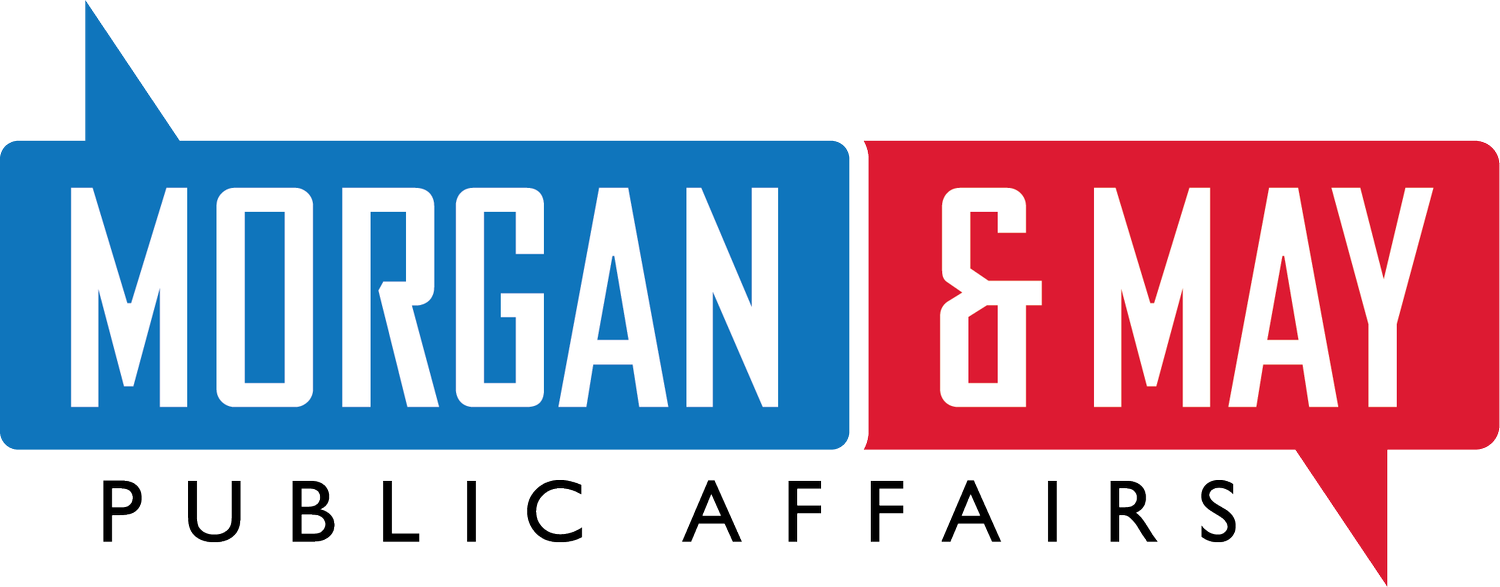Policy in Motion: HB357 and What It Means for Medical Cannabis in Utah
Utah’s medical cannabis program is entering a new phase.
With the passage of HB357, the state has eliminated the “Qualified Medical Provider” designation—marking one of the most consequential shifts in access and administration since the program’s inception. Starting July 1, 2025, any Utah-licensed medical provider authorized to prescribe controlled substances will be able to recommend cannabis to their patients.
This change simplifies the provider landscape, expands patient access, and signals a broader normalization of medical cannabis within Utah’s healthcare system.
But like most policy reforms, HB357 didn’t happen in a vacuum—and it didn’t move without resistance.
Our Role: Representing the State’s Leading Operator
At Morgan May Public Affairs, we represent WholesomeCo, Utah’s largest medical cannabis operator. Over the course of the 2025 legislative session, our team worked closely with industry stakeholders and legislators to ensure that proposed changes—while ambitious—were balanced, workable, and grounded in patient care.
That meant opposing legislation that could have undermined the integrity of the program or imposed unnecessary barriers. It also meant helping shape policy that modernizes cannabis access without compromising oversight.
HB357 is a good example of that balance: it reduces bureaucratic friction while maintaining the safeguards of provider licensure and controlled substance authority.
What This Means for Patients and Providers
Prior to HB357, patients were required to see a specially certified QMP to receive a recommendation. This limited pool of providers often created bottlenecks, especially in rural or underserved areas.
With the QMP requirement removed, the field is opening. Providers who already know their patients, understand their medical histories, and are trained in controlled substance prescribing will now be empowered to recommend medical cannabis directly.
This change increases access while reinforcing the role of providers in guiding treatment decisions—not regulators.
Looking Ahead
Utah’s cannabis program continues to mature. With growth comes growing pains—but also real opportunities for improvement. HB357 is a step toward a more accessible, less stigmatized system that reflects the evolving reality on the ground.
For our part, we’re proud to support WholesomeCo as they continue to lead—not just in scale, but in regulatory leadership, patient education, and long-term strategy.
As the policy landscape shifts, Morgan May Public Affairs remains committed to helping clients navigate it—with clarity, credibility, and results.
Need strategic support in Utah’s cannabis or health policy space?
Let’s talk: morganandmay.com

